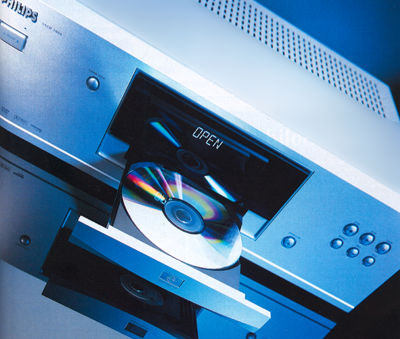Music Direct Buys Mobile Fidelity
Music Direct Buys Mobile Fidelity
- Read more about Music Direct Buys Mobile Fidelity
- Log in or register to post comments
It has been 18 years since CD appeared, yet audiophile demand for turntables and vinyl continues unabated. When did you last spin a record?
